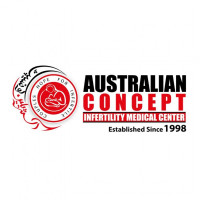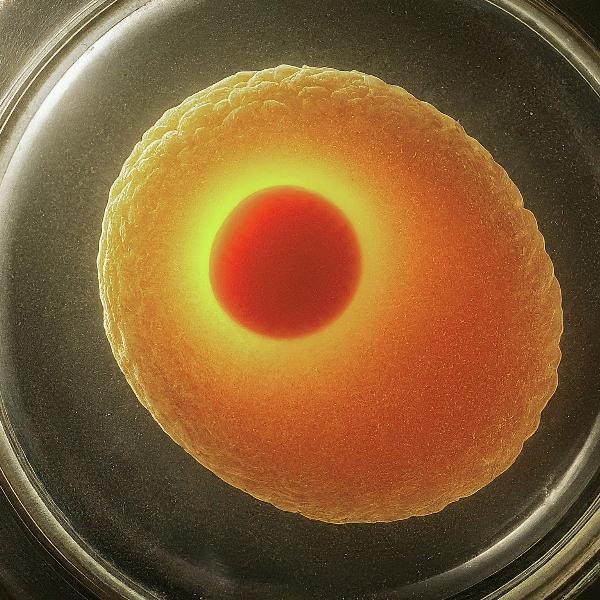Male Infertility: Causes, Diagnosis, and Treatment

Strong8k brings an ultra-HD IPTV experience to your living room and your pocket.
Male infertility is a condition where a man’s reproductive system is unable to contribute effectively to conception. It accounts for around 40-50% of infertility cases in couples, which makes it a significant factor in challenges related to family planning. The issue is often multifactorial, involving various health, lifestyle, and genetic components.
Common Causes of Male Infertility
Several factors contribute to male infertility, ranging from physical conditions to environmental exposures. Here are the most common causes:
Sperm Abnormalities One of the leading causes of male infertility is abnormal sperm, which can affect its production, movement, and ability to fertilize the egg. Sperm abnormalities include:
Low sperm count (oligospermia): A sperm count lower than 15 million per milliliter can significantly reduce fertility chances.
Poor sperm motility: Sperm that do not swim efficiently may have difficulty reaching and fertilizing the egg.
Abnormal sperm shape (morphology): If the sperm are not shaped properly, they may not be able to penetrate and fertilize the egg effectively.
Azoospermia Azoospermia is a condition where no sperm is found in the ejaculate. This can either be obstructive, where there’s a blockage preventing the sperm from being ejaculated, or non-obstructive, where the body isn’t producing enough sperm. Azoospermia treatment often depends on the underlying cause and may involve surgery, hormone therapy, or assisted reproductive techniques.
Hormonal Imbalances Hormonal issues can impact sperm production and the overall function of the male reproductive system. Testosterone, follicle-stimulating hormone (FSH), and luteinizing hormone (LH) play crucial roles in sperm production, and any imbalance in these hormones can lead to infertility. Conditions such as hypogonadism (low testosterone levels) or hyperprolactinemia (high levels of prolactin) can disrupt this balance.
Varicocele Varicocele is an enlargement of the veins within the scrotum, similar to varicose veins in the legs. This condition can cause increased temperature in the testicles, which negatively affects sperm production. Varicocele is treatable, often through surgery, and correcting it can improve sperm quality in many men.
Genetic Factors Genetic conditions such as Klinefelter syndrome or Y chromosome microdeletions can affect sperm production. These genetic disorders may lead to infertility by causing low sperm counts or poor sperm function. Genetic testing can help diagnose these conditions and guide treatment options.
Lifestyle Factors Unhealthy habits, such as smoking, excessive alcohol consumption, and drug use, can significantly impair sperm quality and count. Stress, poor diet, and lack of exercise also contribute to fertility problems. Environmental exposures to toxins or chemicals, such as pesticides and heavy metals, can damage sperm and lower fertility.
Diagnosing Male Infertility
To diagnose male infertility, healthcare providers typically perform a series of tests to determine the underlying cause. Some of the key diagnostic procedures include:
Semen Analysis The first step in diagnosing male infertility is often a semen analysis normal report. This test evaluates the sperm count, motility, and morphology. The sample is usually collected after 2-5 days of sexual abstinence to ensure accurate results. If abnormalities are detected, further testing may be needed.
Hormone Testing Blood tests can measure the levels of testosterone, FSH, LH, and prolactin, which can indicate if a hormonal imbalance is affecting sperm production.
Genetic Testing In cases where genetic conditions are suspected, tests such as karyotyping or specific Y chromosome analysis may be performed. These tests help identify any genetic anomalies contributing to infertility.
Imaging Ultrasounds or MRI scans can detect abnormalities in the reproductive organs, such as varicocele or blockages in the vas deferens (the tubes that carry sperm). These imaging techniques are essential for diagnosing structural problems.
Testicular Biopsy In cases of azoospermia or other severe sperm abnormalities, a testicular biopsy may be conducted to examine sperm production directly from the testicles. This can help differentiate between obstructive and non-obstructive causes.
Treatment Options for Male Infertility
The treatment for male infertility depends largely on the underlying cause. Options include:
Lifestyle Modifications Simple lifestyle changes can improve fertility for many men. Quitting smoking, reducing alcohol intake, maintaining a healthy weight, and managing stress are all positive steps that can enhance sperm quality. Avoiding environmental toxins, such as pesticides and heavy metals, is also important.
Medications and Hormone Therapy Hormonal treatments may be prescribed to address imbalances that are disrupting sperm production. For example, men with low testosterone levels may benefit from testosterone replacement therapy, while those with high prolactin levels may receive medications to normalize them.
Surgical Intervention Surgery can correct certain physical conditions contributing to infertility. Varicocele repair is a common procedure that can significantly improve sperm quality. In cases of obstructive azoospermia, surgery may remove blockages in the reproductive tract, allowing sperm to be ejaculated.
Assisted Reproductive Technology (ART) For men with severe infertility issues, assisted reproductive technologies such as in vitro fertilization (IVF) or intracytoplasmic sperm injection (ICSI) can be effective. During IVF, sperm is combined with the egg outside the body, while ICSI involves injecting a single sperm directly into the egg. These treatments are often performed by an infertility specialist who is experienced in male reproductive health.
In conclusion, male infertility is a multifaceted condition with various causes, ranging from lifestyle factors to genetic issues. Early diagnosis and treatment can improve the chances of conception, whether through natural methods or assisted reproductive technologies. Couples experiencing fertility issues should consult with an infertility specialist to determine the most effective course of action based on their unique circumstances.
Note: IndiBlogHub features both user-submitted and editorial content. We do not verify third-party contributions. Read our Disclaimer and Privacy Policyfor details.





